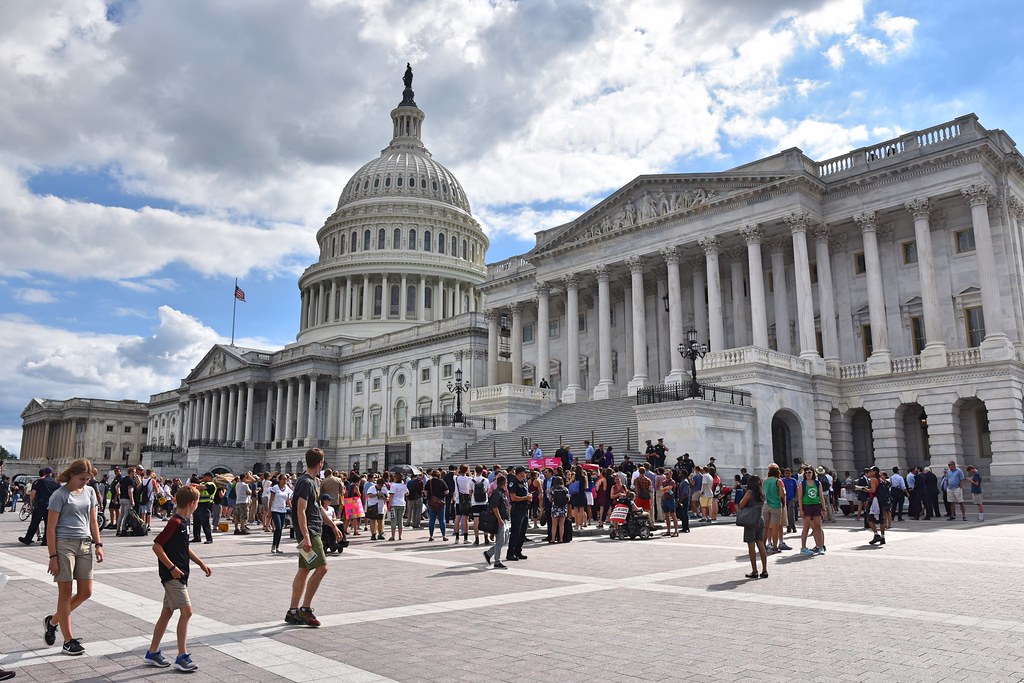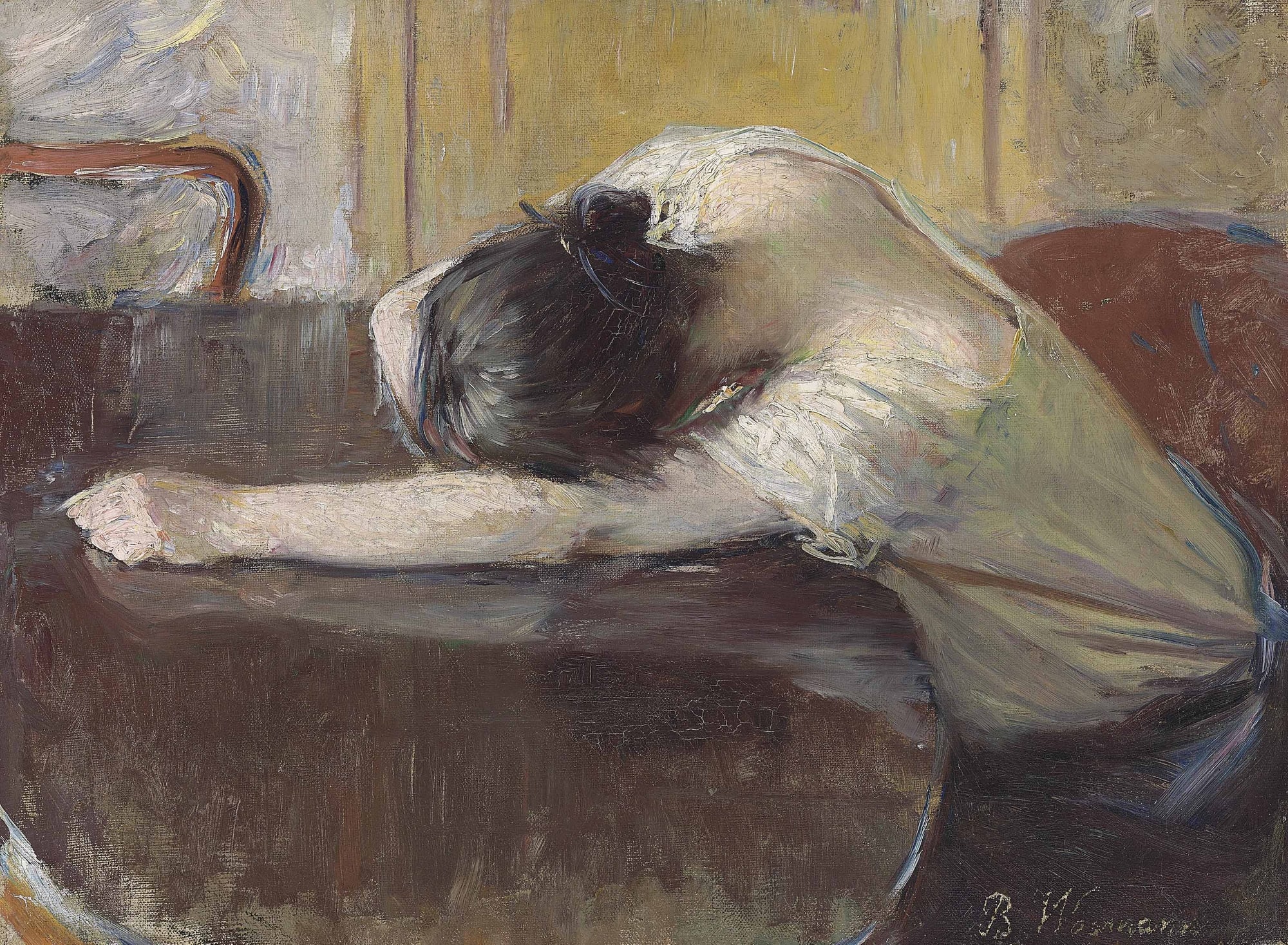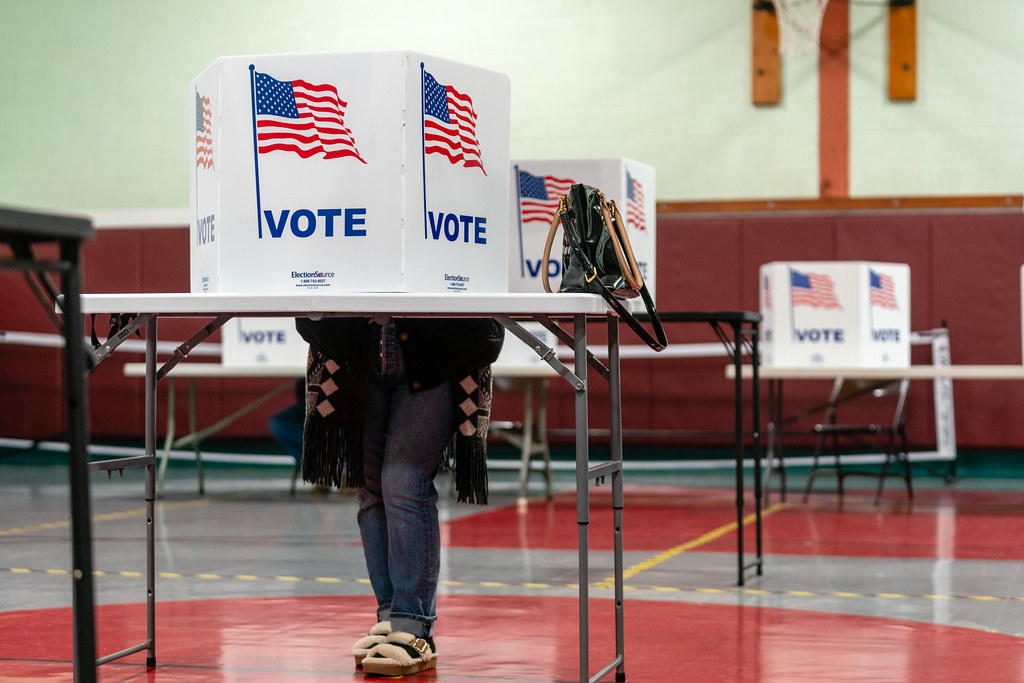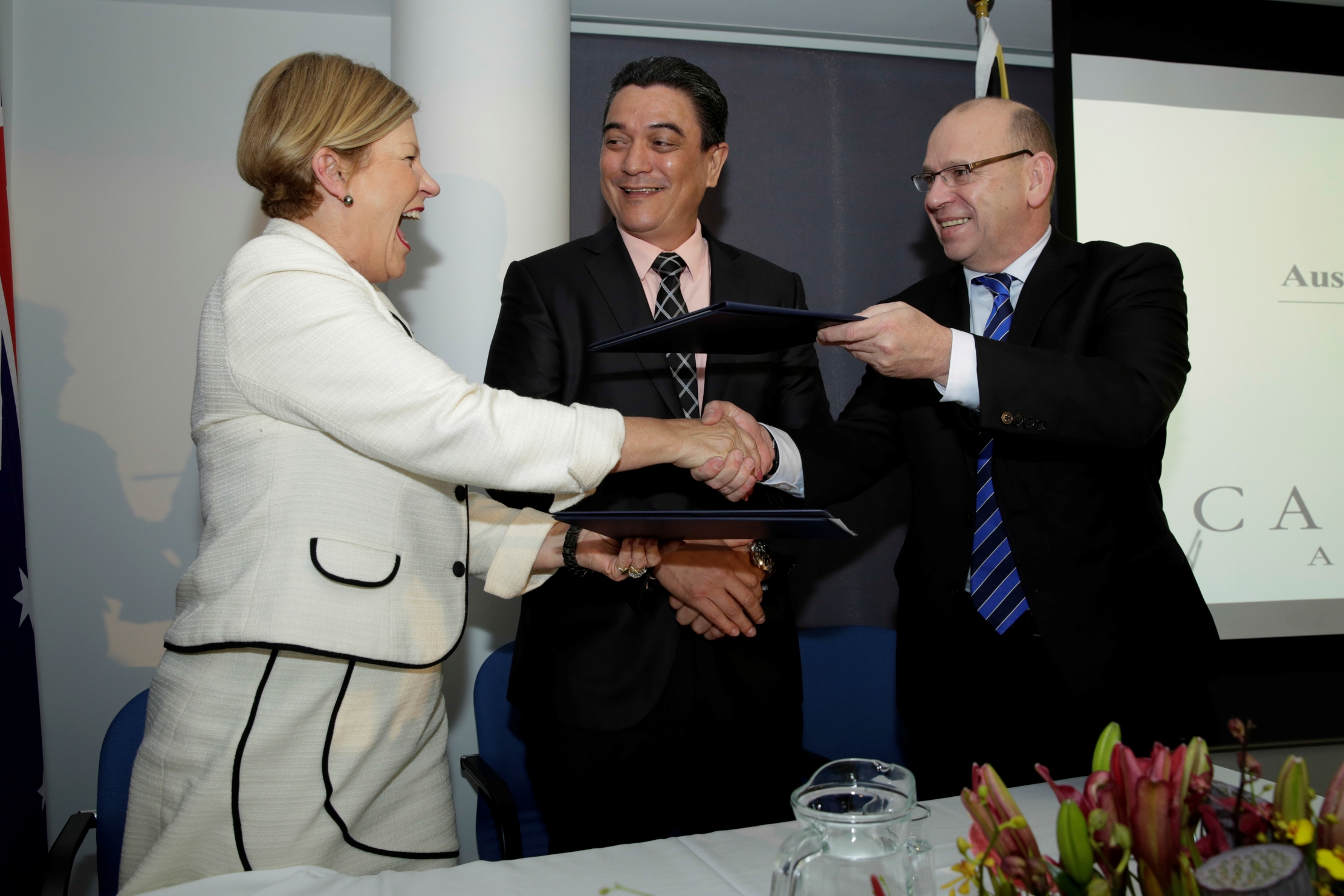Trumponomics Stumbles as Nation's Tradwives Declare Unprecedented Strike on Ironing Shirts
 Photo: Kelly Bell Photography
Photo: Kelly Bell Photography
In an unprecedented blow to the national economy, traditionally domestic wives (colloquially referred to as tradwives) across America have staged a nation-wide strike against ironing shirts, sparking a crisis that economists are calling the first real test of Trumponomics.
The sudden cessation of shirt ironing activities comes as a shock to an administration that has long touted the robustness of its economic policies. The impact of the strike is wide-reaching, extending to boardrooms, offices, and even classrooms across the country, causing untold disruption to the nation’s sartorial elegance. The ripple effect of this domestic uprising is being felt across numerous sectors, from dry cleaners to starch manufacturers, resulting in an unforeseen economic downturn.
The strike began last Tuesday when Dolores Fiddlesticks, a tradwife and ironing enthusiast from Bexley, Ohio, took to her Facebook page in defiance. “We are not just housewives, we are the backbone of America,” she declared, posting a video of herself dramatically unplugging her iron. “No more will we be taken for granted. Today, we strike against ironing shirts.” Fiddlesticks’ rallying cry quickly spread across the country, amassing an outpouring of support from fellow tradwives.

Economists were initially dismissive of the impact of the ironing strike, citing a potential upshot for wrinkle-free clothing manufacturers. However, the full-fledged scale of the crisis became apparent when Robert Winkle, CEO of Wrinkle-Free Forever Inc., issued a statement that served as a chilling wake-up call. “Our wrinkle-free shirts simply can’t meet the sudden surge in demand,” he lamented. “We might be living in a brave new world of textile technology, but nothing can replace the nurturing touch of an iron on cotton.”
Lionel Featherstone, a renowned economist, and professor at the University of Connecticut, puts the immediate economic cost of the strike in the billions. “The nation’s economy is more integrated than we ever imagined,” Featherstone commented. “This shirt-ironing strike is an economic butterfly effect that nobody saw coming. We’re all wringing our hands and watching the GDP wrinkle.”
Today, we strike against ironing shirts.

As thousands of un-ironed shirts pile up in households across the country, Trumponomics faces its first significant challenge. The government is scrambling to respond to the crisis, with suggestions ranging from subsidies for dry-cleaning services to ironing classes in high school. As the nation braces for more creased collars and crumpled cuffs, it’s clear that the pressing issue of the Tradwife Strike is far from ironed out.
In a bid to restore order and smoothness to the world of menswear, the White House has launched the “Iron Fist Initiative”, a $2 billion emergency aid package designed to incentivize wives to return to their ironing boards. The plan includes a tax break for the purchase of premium ironing boards and a new federal program to train future generations in the ’lost art’ of shirt-ironing.
However, the initiative has faced criticism for its out-of-touch approach. Social media quickly exploded with hashtags such as #IronFistMisogyny and #PressingForProgress, trending across platforms as the strikers pushed back against what they see as an attempt to relegate them to subservient roles.

“This isn’t about ironing shirts, it’s about recognition and respect,” stated Fiddlesticks during a recent interview on Good Morning America, her impassioned speech triggering a wave of applause from the audience. “This iron has become a symbol of our discontent, and no tax break can fix that.”
This shirt-ironing strike is an economic butterfly effect that nobody saw coming.
Meanwhile, businesses have begun adapting to the wrinkled reality. Major corporations, including tech giants like Google and Facebook, have relaxed their dress codes, heralding the era of the “casual Friday” every day. In Wall Street, crinkled shirts have become a symbol of solidarity with the Tradwife movement, earning the moniker “Wrinkle Warriors”.

Fashion houses are also jumping on the bandwagon, with avant-garde designers delighting in the aesthetic of the creased clothing. Giorgio Armani declared, “Wrinkles are the new black”, and unveiled his latest couture collection, “Crumple Chic”, inspired by the ripple effect of the Tradwife strike on the national wardrobe.
The strike’s impact has also reached the hallowed halls of Congress, with a bipartisan group of female lawmakers introducing the “Right to Iron Act”. The bill aims to recognize home maintenance, including ironing, as a legitimate contribution to the economy, giving it a value and a voice in GDP calculations.
“Categorizing housework as ‘unproductive’ is outdated and undermines the critical role of domestic labor in our economy,” declared Senator Julia Bloomfield during a powerful speech on the Senate floor. “The Right to Iron Act is not just about ironing. It’s about ironing out inequality.”

As the strike enters its second month, the creases in Trumponomics are becoming increasingly apparent. The nation watches with bated breath as policymakers grapple with this pressing issue, a stark reminder of the economic power that lies within the humble iron and the hands that wield it.
In the end, it appears that the Tradwife Strike has achieved more than just a national conversation; it has permanently ironed a wrinkle into the fabric of America’s economic and social consciousness. And as thousands of shirts remain defiantly unpressed, it seems that this wrinkle is here to stay.






